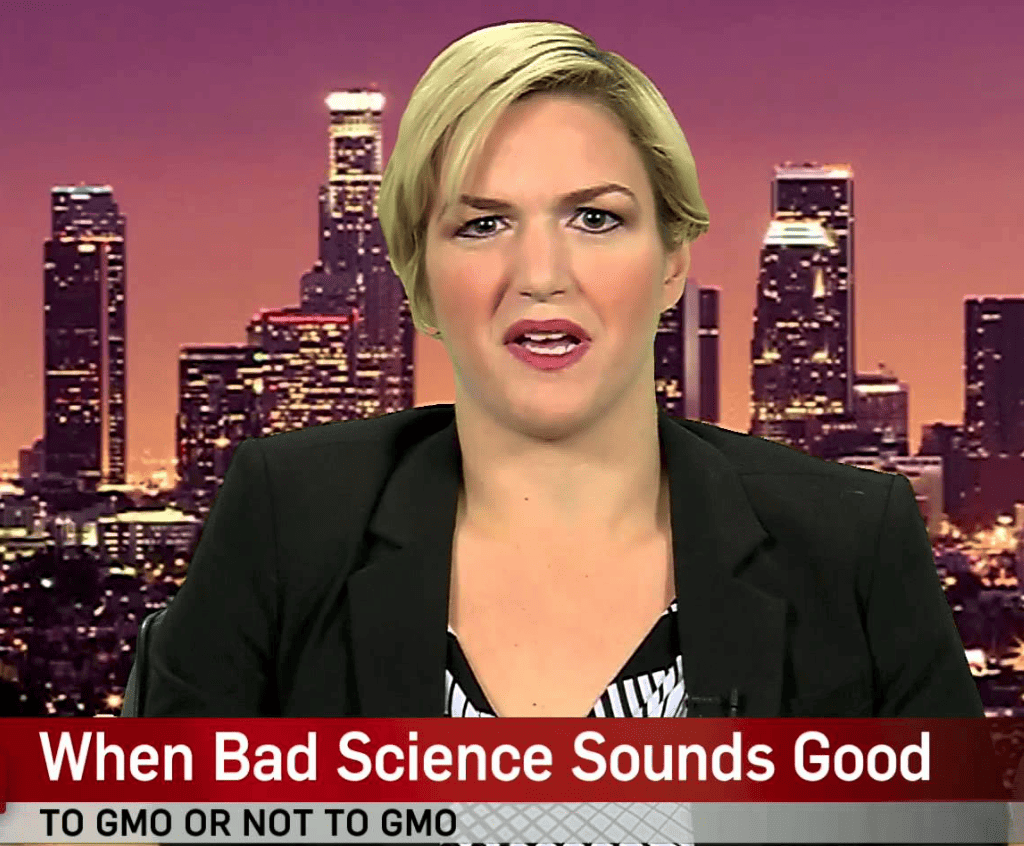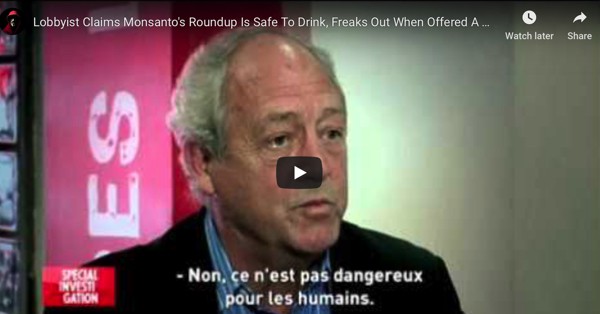
Blogging under the name SciBabe, Yvette d’Entremont defends toxic chemicals in food products and promotes pesticides as safe. She has received funding and honoraria from a variety of companies and industry groups. In 2017, the artificial sweetener company SPLENDA hired SciBabe to “debunk junk science” in defense of their product.SciBabe has been a featured speaker … SciBabe says eat your pesticides. But who is paying her?

Amid global debate over the safety of glyphosate-based herbicides such as Monsanto’s Roundup, numerous claims have been made to defend the product’s safety. In the wake of two recent landmark jury rulings that found Roundup to be a substantial factor in causing non-Hodgkin lymphoma, we examined some of these claims and fact-checked them for accuracy. … Glyphosate spin check: Tracking claims about the most widely used herbicide